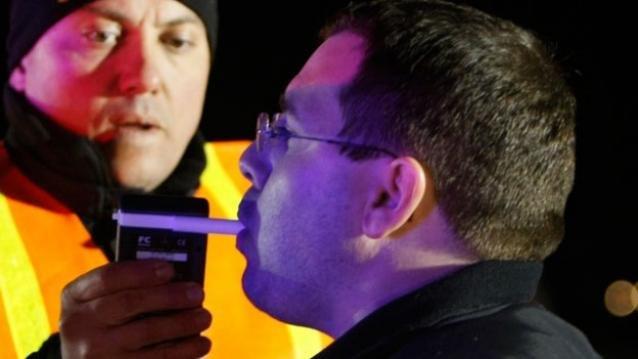A police pilot project in Torquay which saw doormen breathalyse suspected drunks, led to a 39% drop in violent crime
The #RU2drunk project was piloted during December to see if it helped reduce alcohol fuelled incidents at 23 of the town’s most vibrant night spots.
The pilot saw over 800 men and women breathalysed when doormen suspected they were drunk – over a third were then refused entry.
Local officers and Tony Hogg, the Police and Crime Commissioner who funded the pilot, are pleased with what they describe as ‘startling results’.
The highlights were 39 per cent fewer violent crimes in the town centre and around the harbour side, which led to a 22 per cent reduction across the town.
Chief Inspector Neil Ralph said: “The findings are impressive. In Torquay, approximately 20 per cent of all violent crime is attributable to the night time economy and a substantial number of these offences happen in the town centre and harbour side area. The breathalyser scheme has proved to be extremely effective in reducing these crimes.”
Tony Hogg who funded the scheme said: “This has been a most important project and has generated good, interesting results. We will work with Torbay to ensure the project can continue and my office is now looking at the funding we have to see how we can supply breath boxes to other areas where we feel a similar scheme will be welcomed.
“I’m delighted to see that Plymouth has generated its own scheme so we will now look for other areas that are high on the list of places that are blighted by overindulgence in alcohol in the night-time economy and the culture of pre-loading.”
Dr Hannah Farrimond and Dr Katharine Boyde from the University of Exeter carried out an independent study of the scheme among members of the public and 79 percent of responders said it was a good idea.
“This has been a great opportunity to work in collaboration with Devon & Cornwall Police. We think the scheme has shown some promising results with regards to reducing alcohol related crime,” said Dr Farrimond.
Public opinion is said to support Mr Hogg’s hopes for a wider roll out with 78 per cent of those asked thinking the scheme should be expanded to other places.




























